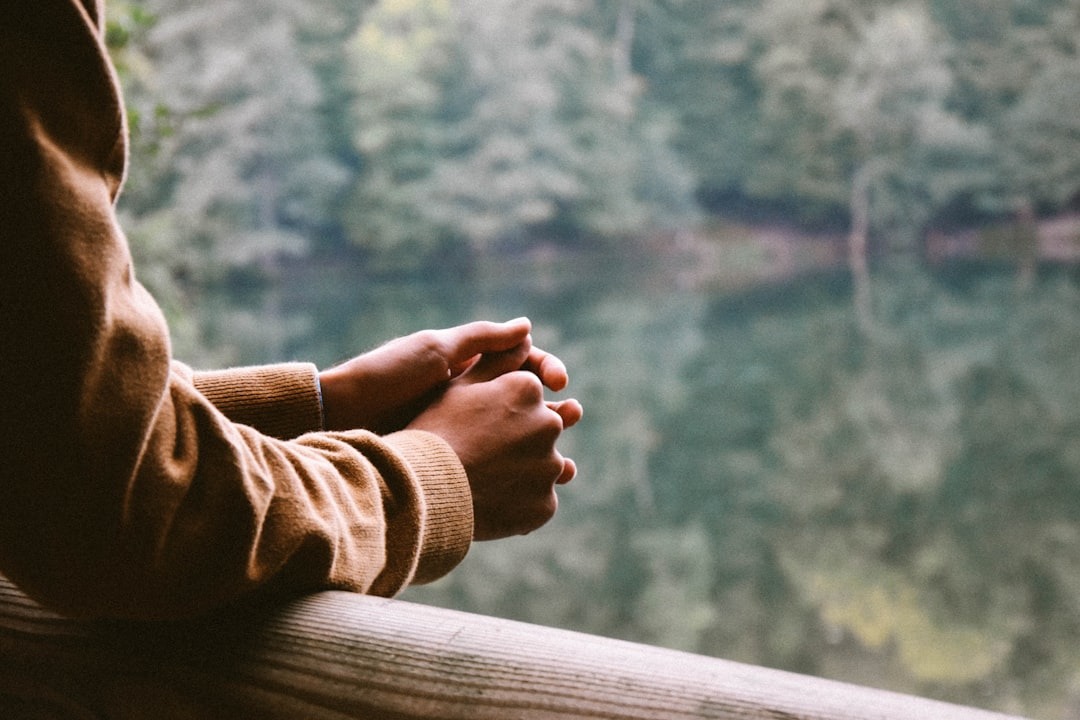Addiction has many causes. They can be behavioral, genetic, familial, and social (just to name a few). Everyone’s journey in addiction is going to be affected by some or all of these causes differently. However, there are some populations of more affected people, especially by the social causes of addiction. This includes veterans, people who identify as LGBTQ+, and those who identify as BIPOC. It is also true that these populations of people tend to get less help for addiction, which is why inclusivity in addiction treatment is so crucial.
What Does Inclusivity in Addiction Treatment Mean?
Inclusivity in addiction treatment simply means ensuring that all people from all walks of life have an equal opportunity to recover. Unfortunately, not all people currently have those opportunities. According to the U.S. Department of Health and Human Services’ (HHS) Substance Abuse and Mental Health Services Administration (SAMHSA), “In 2021, 94% of people aged 12 or older with a substance use disorder did not receive any treatment.”
HHS also explains that some of these people felt they didn’t need treatment. This is because they didn’t feel they had a problem. However, this is also often due to a failure in messaging in many low-income areas or with high-risk populations. However, there is also a large number of people who want to get help but don’t have the resources to get help. Then there are those people who feel like they don’t have any representation in the recovery realm.
What Does Inclusivity in Addiction Treatment Look Like?
Inclusivity in addiction treatment must always be nondiscriminatory. No one should ever be denied addiction treatment because of the way they look or the way they identify. Making sure all people feel safe to enter treatment is a big part of what inclusivity looks like.
However, inclusivity also looks like an effort is being made to ensure that all people feel represented in recovery. This means having specific programs or therapy sessions that help specific populations. For example, many recovery centers have specific programs that help veterans recover because veterans often have specific issues that they are dealing with; trauma, for example.
According to the peer-reviewed journal, Substance Abuse and Rehabilitation, “Despite numerous attempts by the VA and other agencies over the past two decades to reduce problematic substance use, rates of SUDs in veterans continue to rise… One study of military personnel found that 30% of completed suicides were preceded by alcohol or drug use, and an estimated 20% of high-risk behavior deaths were attributed to alcohol or drug overdose.” This is emblematic of the need for specific addiction treatment programs.
The Importance of Connecting With Others With “Shared Experience” in Addiction Treatment
It is critical that everybody receive individualized care while in recovery. This is the best way to address their specific needs. However, it is also important that people feel seen in recovery. This best happens when an individual “sees” their own story in others.
“Shared experience” is critical in recovery. This means that people connect to one another through their own stories of active addiction and recovery. This can often happen in specific recovery groups or group therapy sessions. It can also happen in recovery meetings outside of the addiction treatment center.
Many people may not realize that there are specific types of meetings for all populations of people. For example, many 12-Step meetings are LGBTQ+ specific. There are also meetings for veterans and meetings for people who don’t identify as spiritual. There are also meetings for young people, which is another group of people who are less represented in recovery. It is important to remember that working with other people in recovery can be crucial. Recovery meetings, specific or not, are a great way to make this work happen.
The Importance of Inclusive Treatment at Lantana Recovery
Here at Lantana Recovery, we understand that it is crucial to be seen and to see oneself in recovery. That is why we are wholly inclusive in everything that we do and in all of the treatments that we offer.
Everyone has a right to recover, and no one should ever feel like they don’t belong or that they don’t deserve a life beyond active addiction. Inclusivity in addiction treatment is vital and it must continue to be a priority in the recovery industry.
Not everyone’s recovery journey is going to look the same, which is why recovery should always look available and open to everyone. As the “Responsibility Statement” that is read at many recovery meetings states, “I am responsible, when anyone, anywhere reaches out for help, I want the hand of [recovery] always to be there. And for that: I am responsible.” At Lantana Recovery, we are proud to take on that responsibility.”
Recovery should be for anyone who needs and/or wants it. That is why inclusivity in recovery is so crucial. Yet, there are still some populations that receive less help than others, such as women, veterans, the BIPOC community, and people who identify as LGBTQ+. Recovery is not a luxury, it is a right. If you feel like you or a loved one are struggling with issues of addiction, mental illness, or co-occurring disorder, we can help get you on the right road to long-term recovery right away. You don’t have to do this alone. For more information about the importance of inclusivity in recovery, please reach out to Lantana Recovery today at (866) 997-2870.








